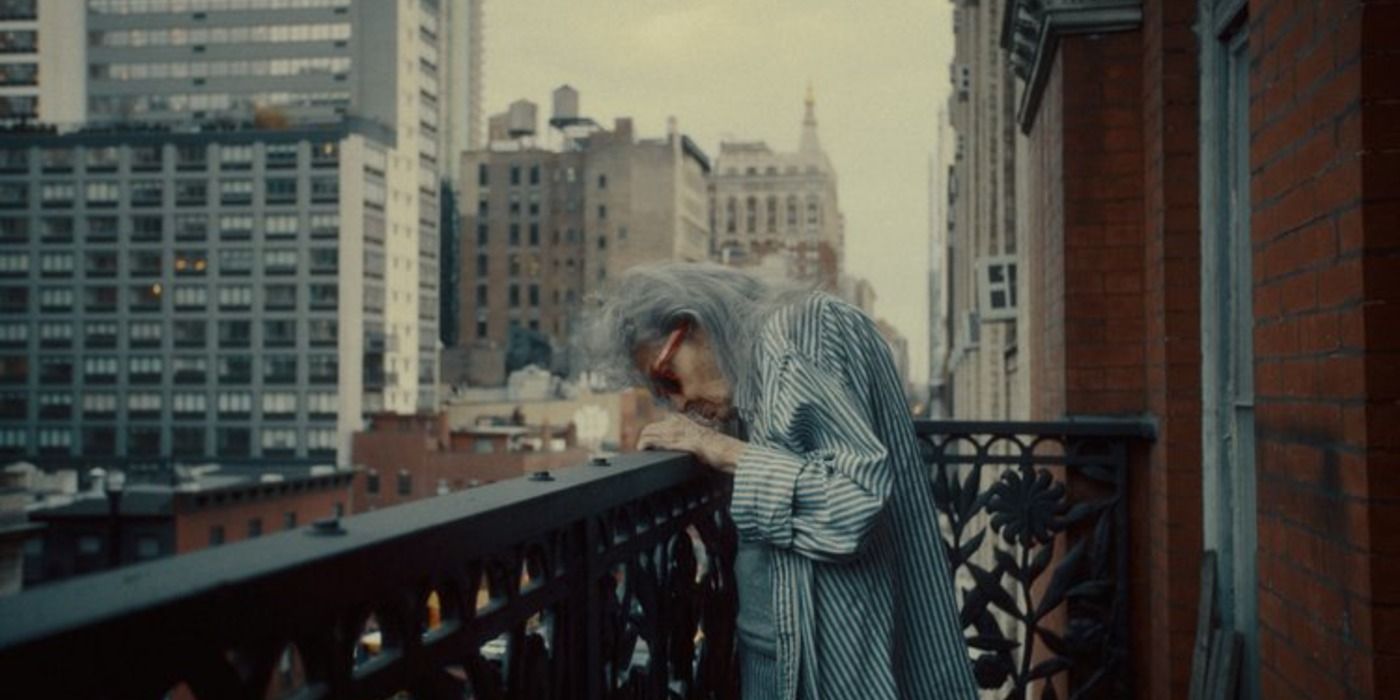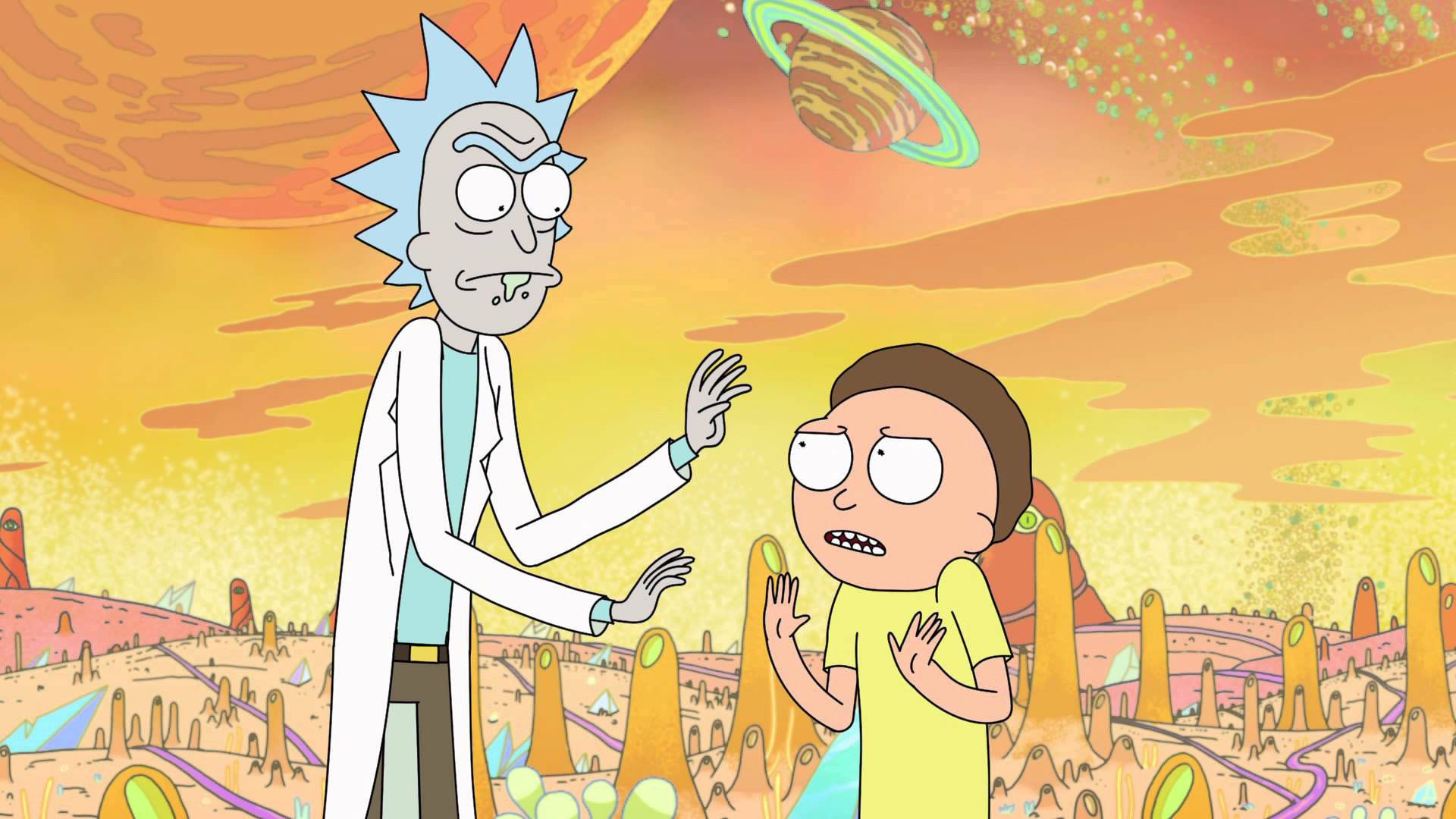An original idea is hard to come by. That’s true for books, music, and even movies. In the world of film, where a lot of success comes from franchising and sequels, it seems that original films are being pushed into a corner.
When walking into a theater, audiences have expectations for what they’re about to watch. They want comedies to make them laugh and superhero films to have evil-doers get stomped: but not all movies play by the rulebook. Plenty of genre-busting films throw the rules out the window and make something special.
‘Joker’ (2019)
Starring Joaquin Phoenix in an Academy Award-winning performance, Todd Phillips’ brilliantly dark picture uses the eerie presence of Gotham to provide a dramatic commentary on classism and social inequality in America today. Gotham has always been influential within the narrative framing of Batman, and the film has a lot to say about the mental state of its lead character and indeed of America itself.
Likewise, the lack of more elaborate action sequences (uncommon within the world of Batman) proves that films such as Jokerand The Batman are more than a simple throwback. “Superhero” films are now so ingrained into our culture that they’re no longer tied to the conventions of the genre.
‘About Schmidt’ (2002)
In what came to be one of the last performances of his career, veteran and undoubtedly iconic actor Jack Nicholson starred as Warren Schmidt, a recently retired insurance salesman who embarks on a journey that forces him to scrutinize his relationship with his family and with the man that he has become.
Director and co-writer Alexander Payne is an industry connoisseur at adapting novels that blur the line between comedy and drama. Much like Sideways (an Oscar winner for Best Adapted Screenplay), About Schmidt plays like a quiet tragedy while often being very amusing. It’s routinely sad while altogether thoughtful, providing an introspective glance at the apprehension of a failed life.
‘Blue Valentine’ (2010)
Ryan Gosling and Michelle Williams are the starring leads in Derek Cianfrance’s contemporary tale of a married couple, seen through two different time periods. The film juxtaposes the relationship’s beginning and present, creating contrast in tone and visual style.
Cianfrance’s unconventional romantic drama can ultimately be viewed as a critique of the more stereotypical characteristics we might associate with conventional romance films.But Blue Valentine’sbiggest strength lies in its candid portrayal of an ultimately doomed romance. It’s not a gaze we’re often treated to in cinema, with other examples like 500 Days of Summerand Eternal Sunshine of the Spotless Mindfew and far between.
‘Moon’
Moon is the adaptation of an original story by Duncan Jones, the son of David Bowie, who also directed this highly engrossing sci-fi mystery. Sam Rockwell stars as Astronaut Sam Bell, who, working alongside his computer, GERTY, sends parcels back to Earth containing a resource that has helped reduce the planet’s power problems. Towards the end of his three-year stint on the Moon, he has an extremely personal encounter that shapes the foundations of his existence.
What’s most admirable about Moon is itsability to break into the ever-demanding format of sci-fi based on its own merits. The genre is largely more structured and relies on a big budget and showy special effects to reinforce the narrative. Moon can be seen as an independent venture that relied on a budget of just $5 million. Shot in Super 35, the film utilized live-action shooting and model miniatures to create its distinctive visual style.
‘The Unbearable Weight of Massive Talent’
Upon reflection, it’s a wonder this film wasn’t made sooner. Nicolas Cage‘s often hyperbolic approach to acting has been personified throughout his career and provides the basis for much of the satire in The Unbearable Weight of Massive Talent. As a fictional version of himself, Cage finds himself caught between superfan and alleged drug lord Javi Gutierrez (Pedro Pascal) and the CIA.
Acutely self-aware, the film is frantic in pace and mirrors the tone of much of Cage’s body of work. It’s a commendable achievement for an actor to be this vulnerable and self-deprecating in a comedy that’s as much a pastiche as it is a homage to his legacy in Hollywood, but then again, that’s what we’ve come to expect from the actor. Ultimately, it could’ve gone even further, pushing the limits to breaking point as Cage himself would have done.
‘Bottle Rocket’ (1996)
From a stylistic perspective, Wes Anderson films have now become so familiar in film culture that they’ve arguably become a genre in themselves. The esteemed writer/director has long since defied the expectation of genre in the comedic field and usually relies on a rather quirky use of drama to propel the narrative forward. In that regard, choosing just one of his films to illustrate his use of subversion is a complicated task.
As an example of an unconventional heist movie, however, Wes Anderson’s debut picture, Bottle Rocket, is perhaps the perfect choice. Anderson partnered with actor Owen Wilson (Who also stars as Dignan) to pen this screenplay about three friends who attempt to pull off a simple robbery and go on the run. Despite the film bombing at the box office, it was an effective launchpad for Anderson and was number seven of Martin Scorsese‘s top ten favorite films of the 1990s.









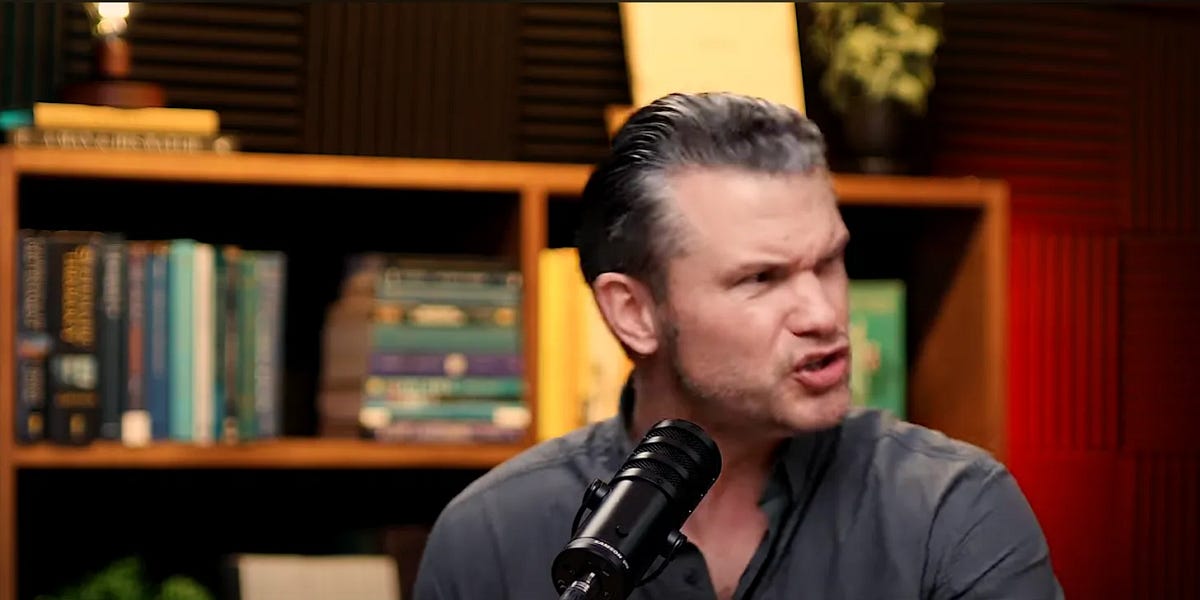
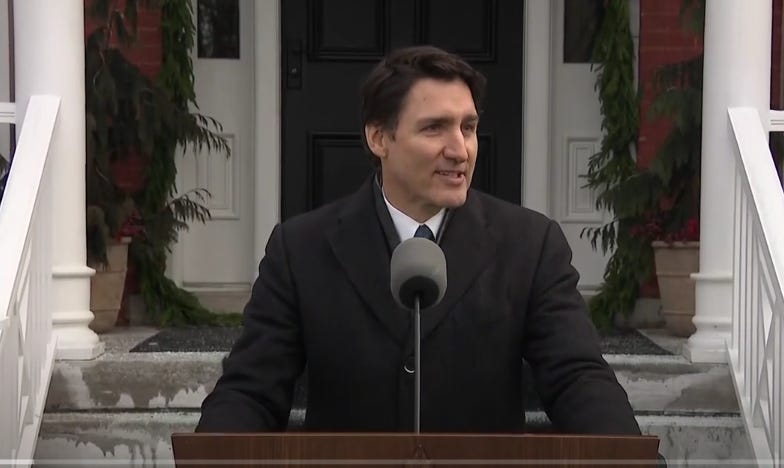

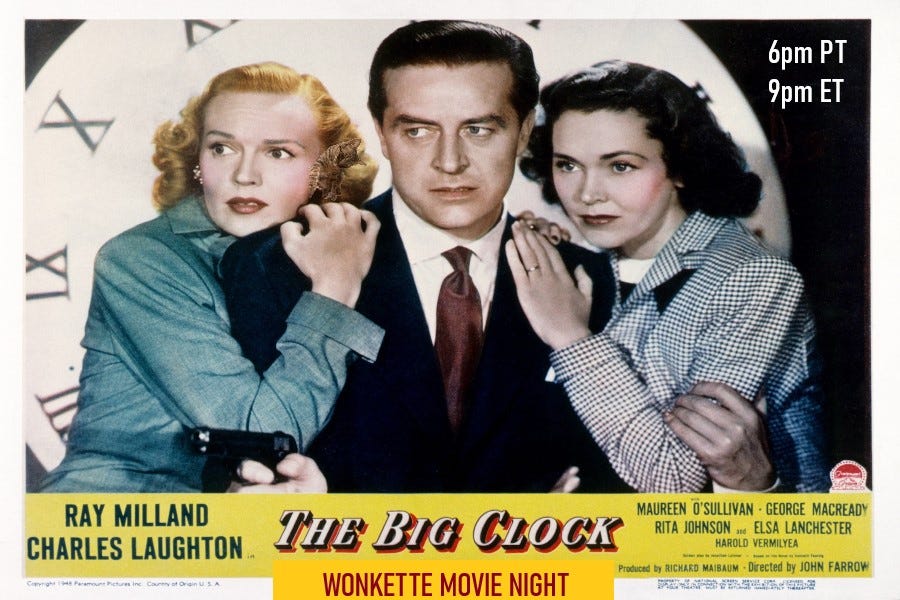


























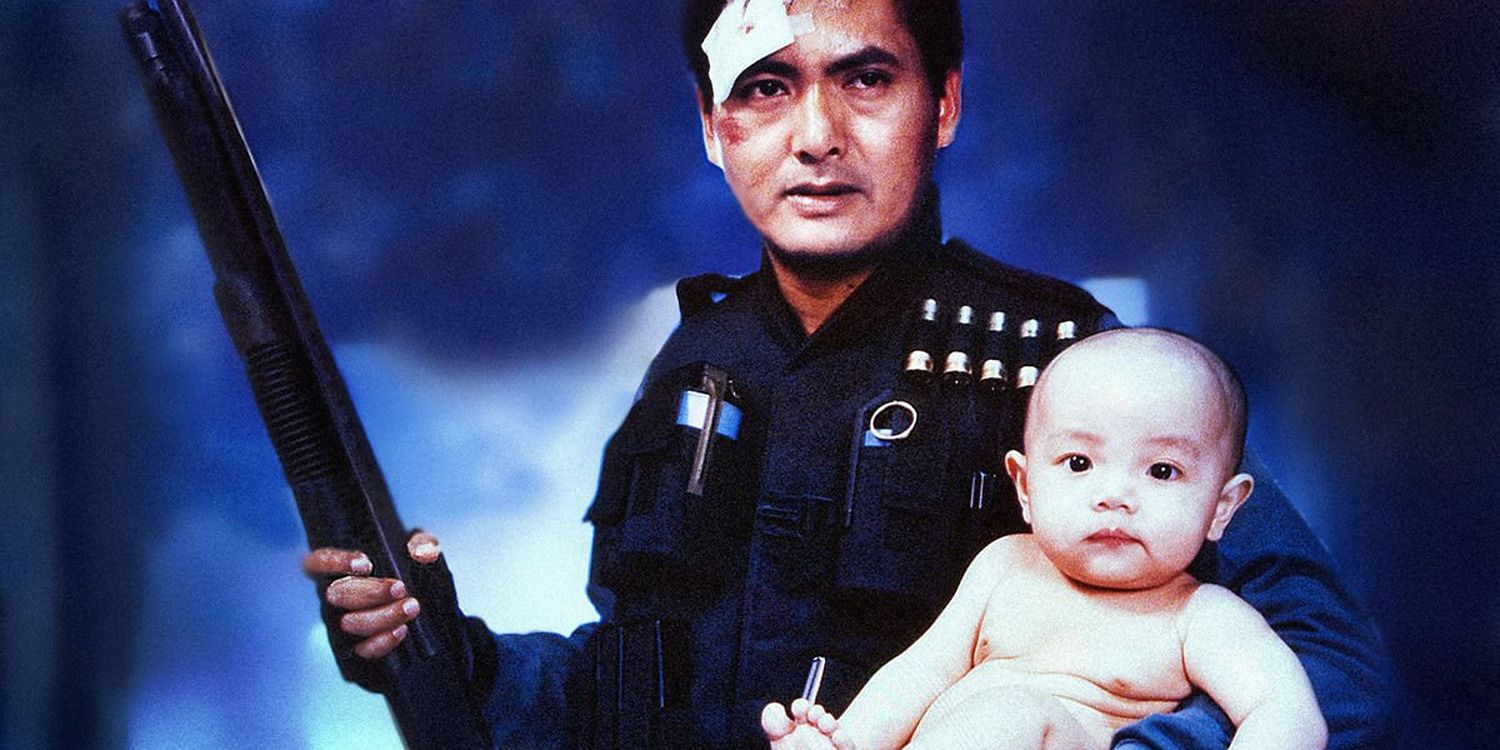


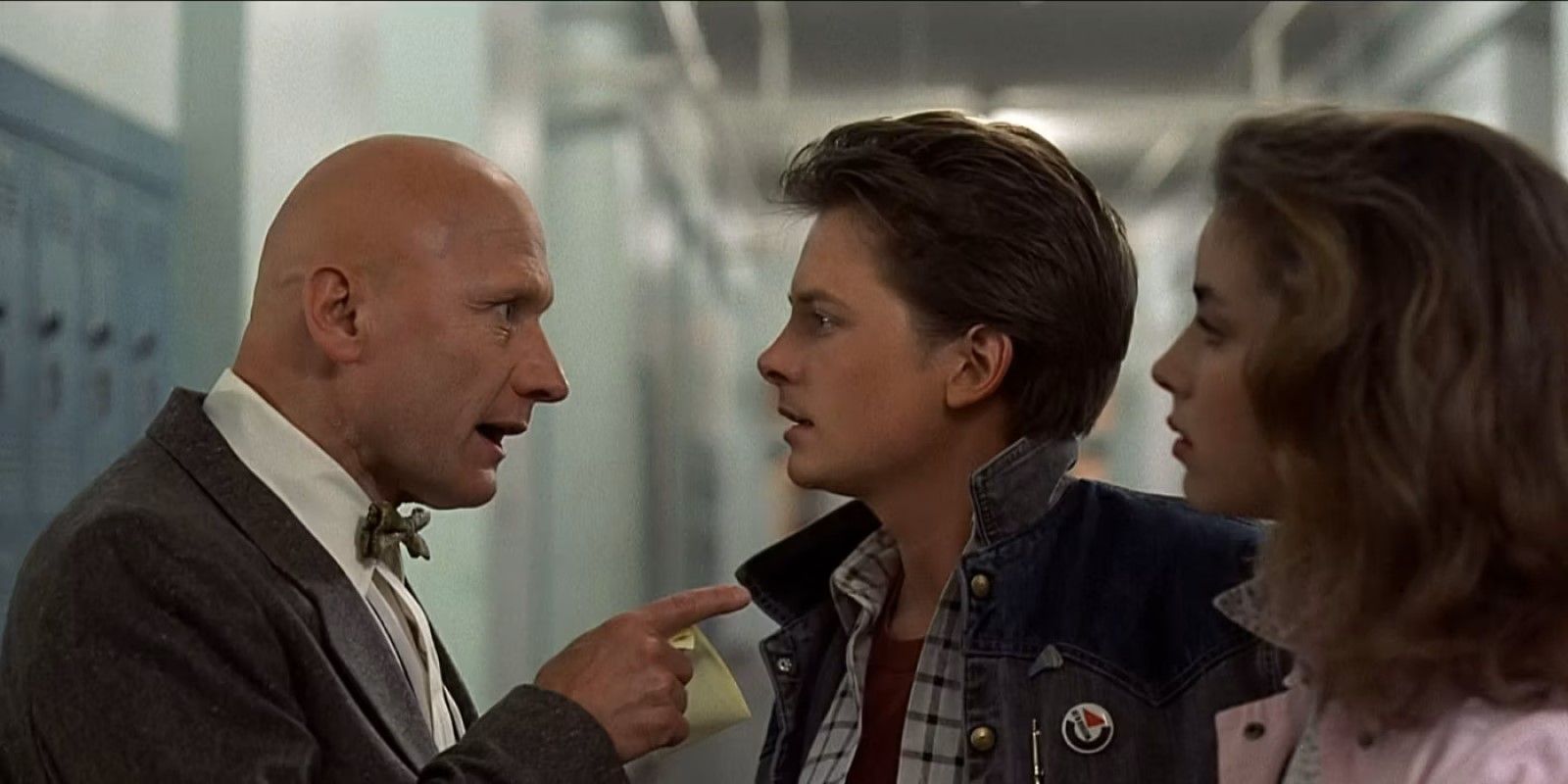

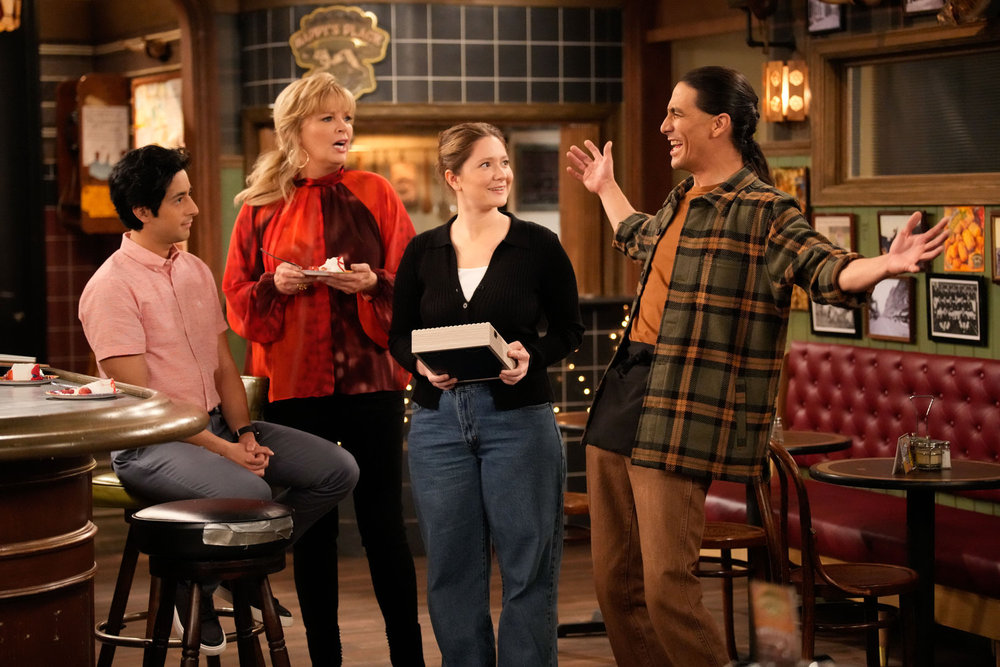
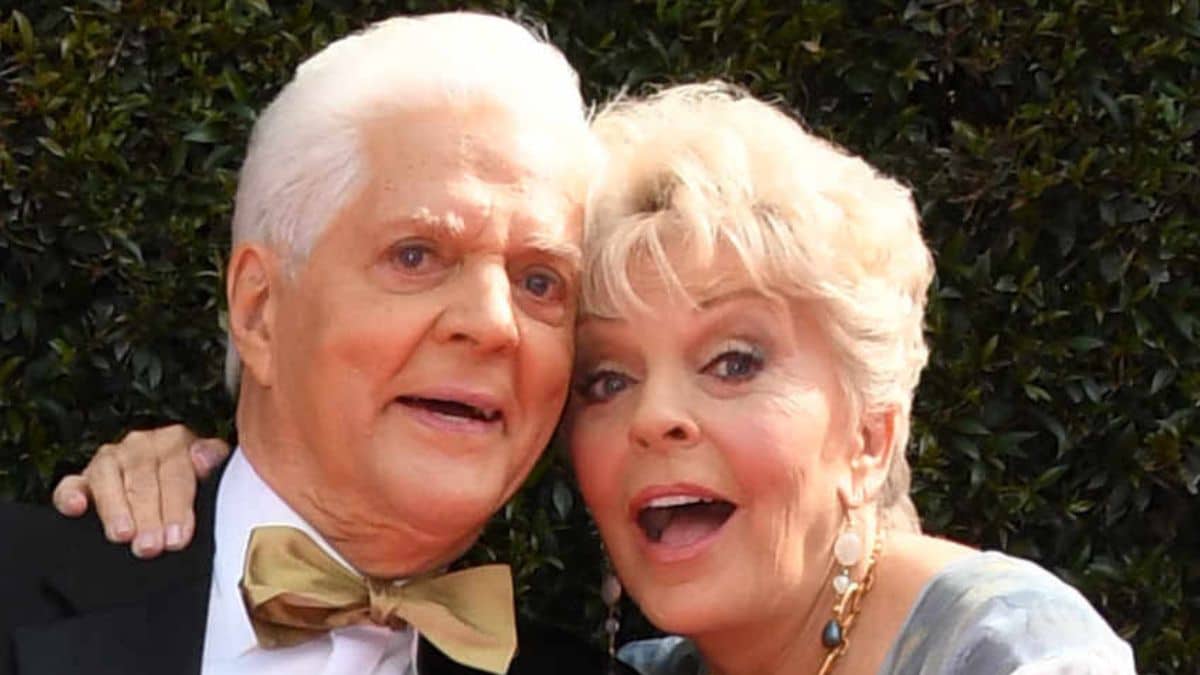
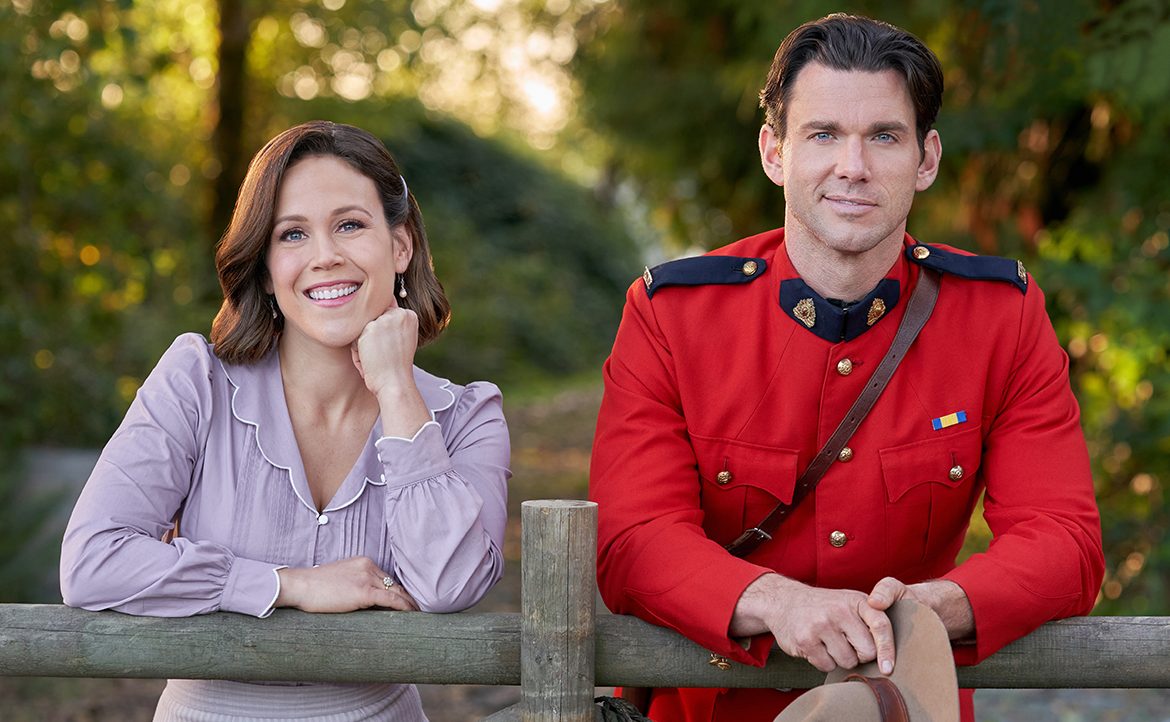



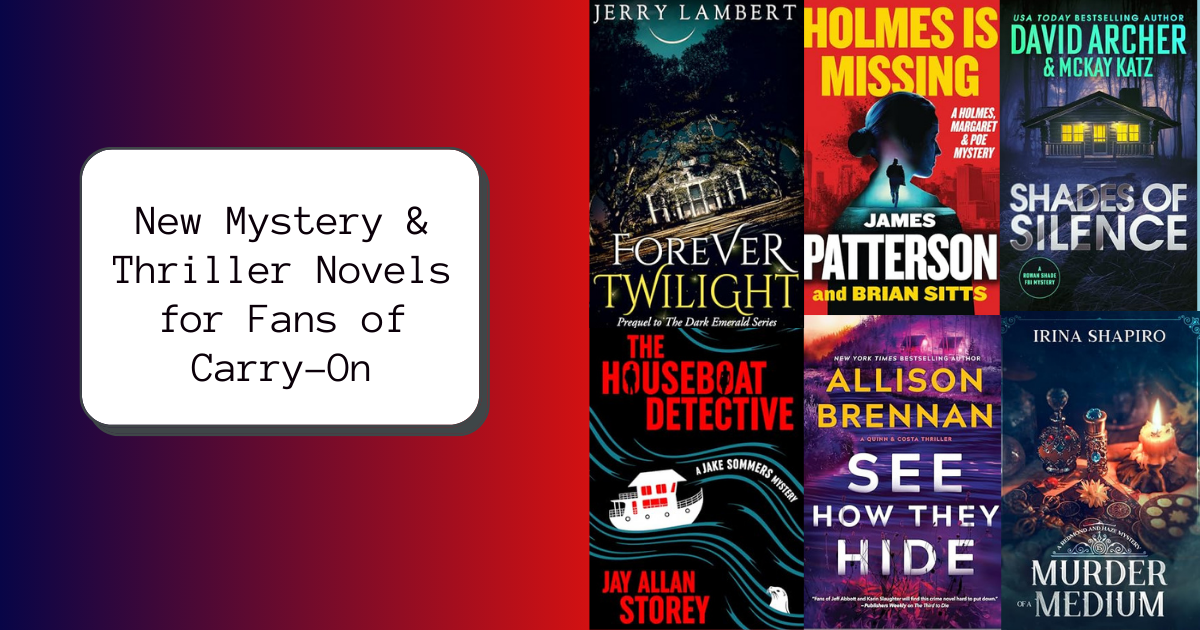



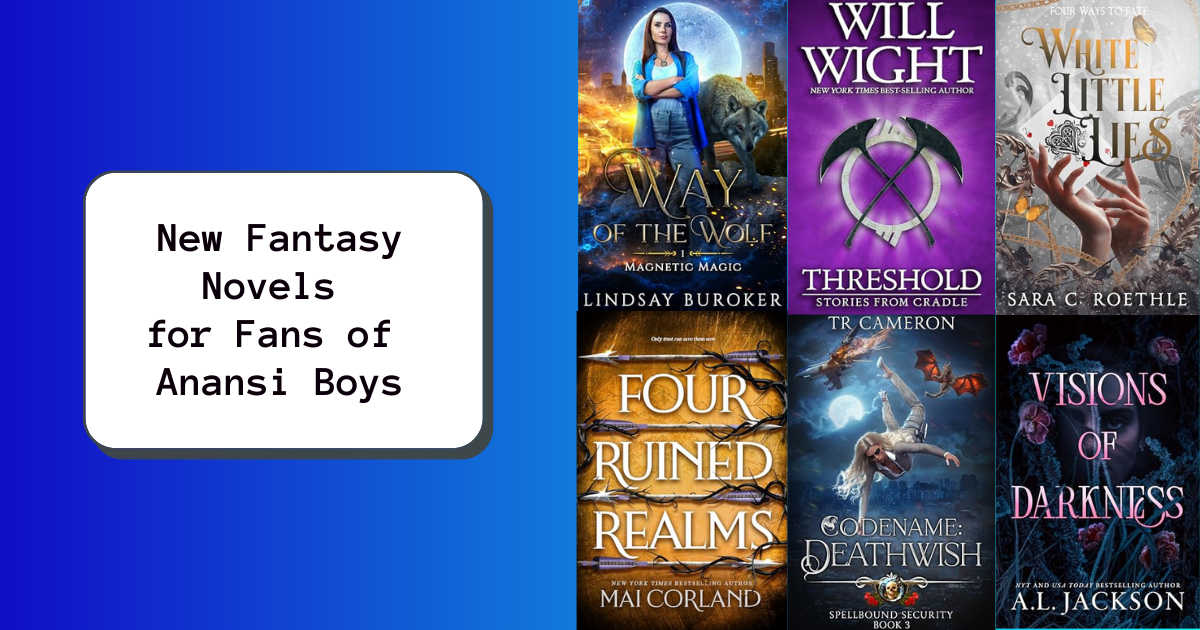





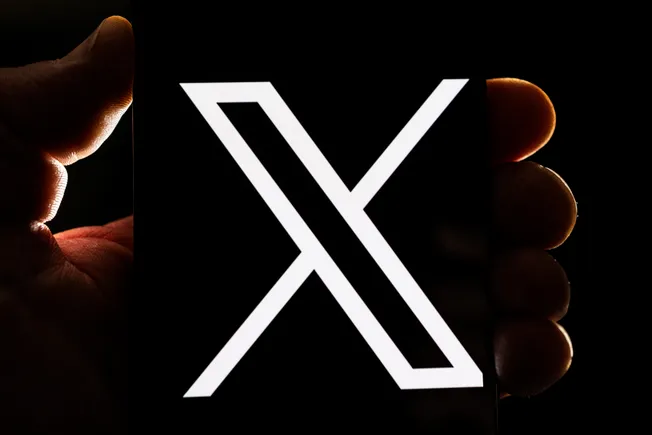
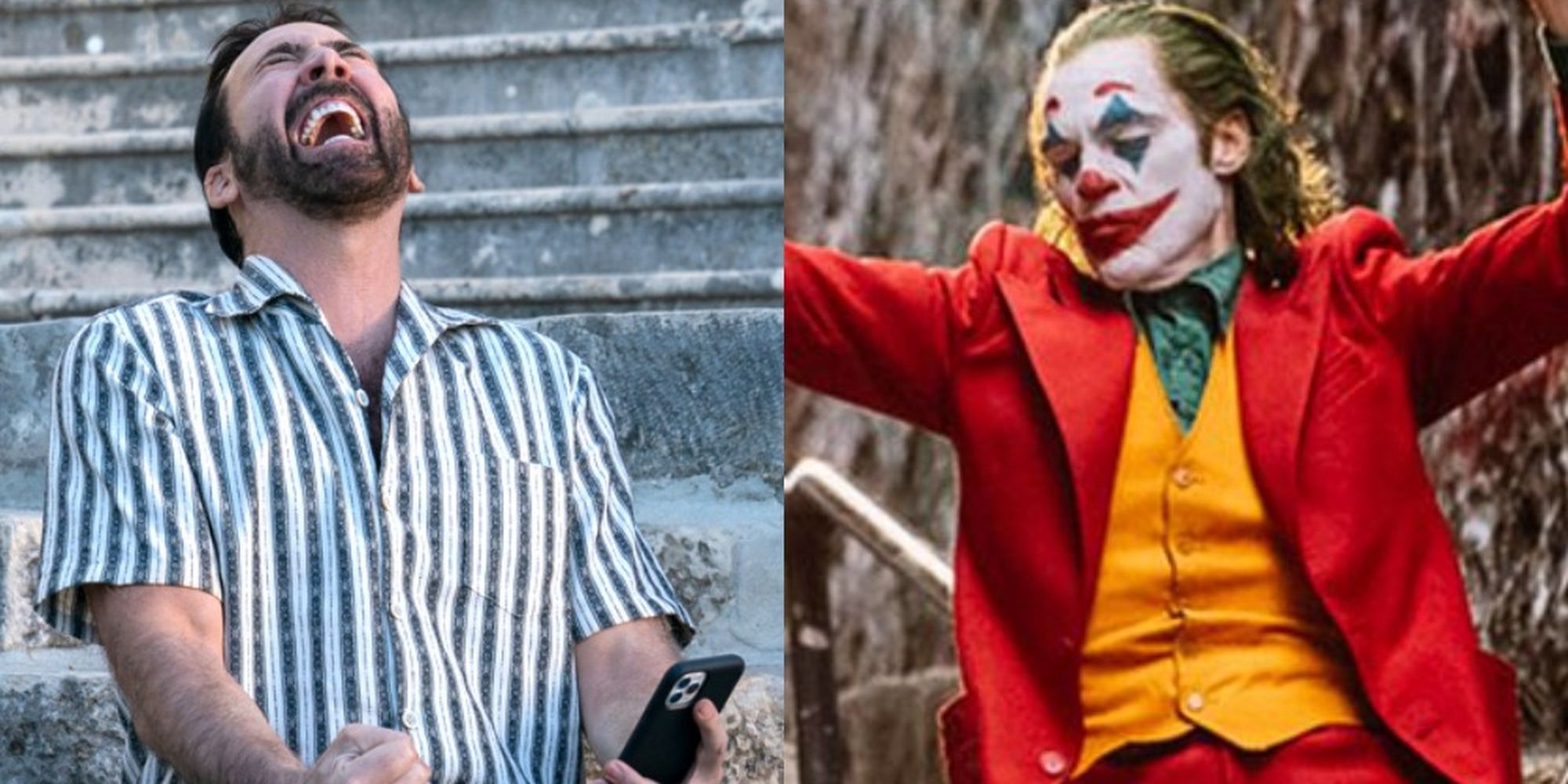

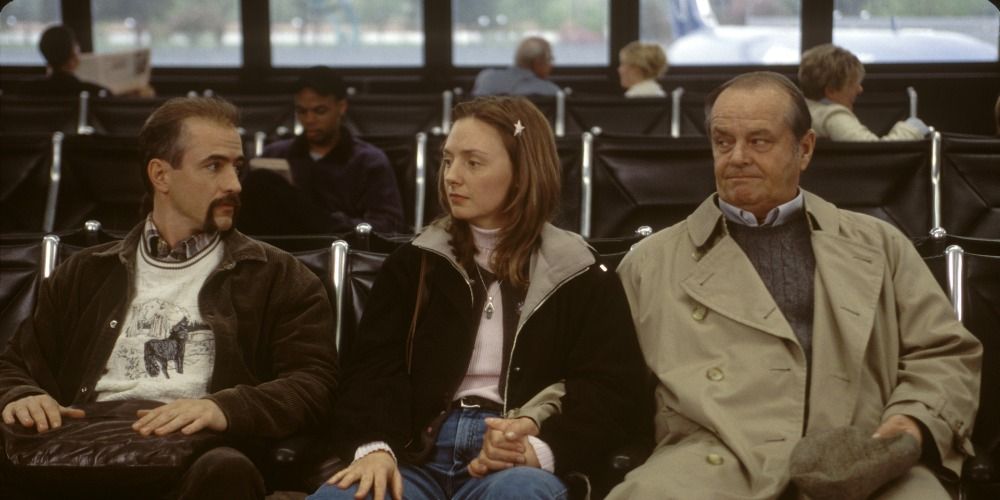

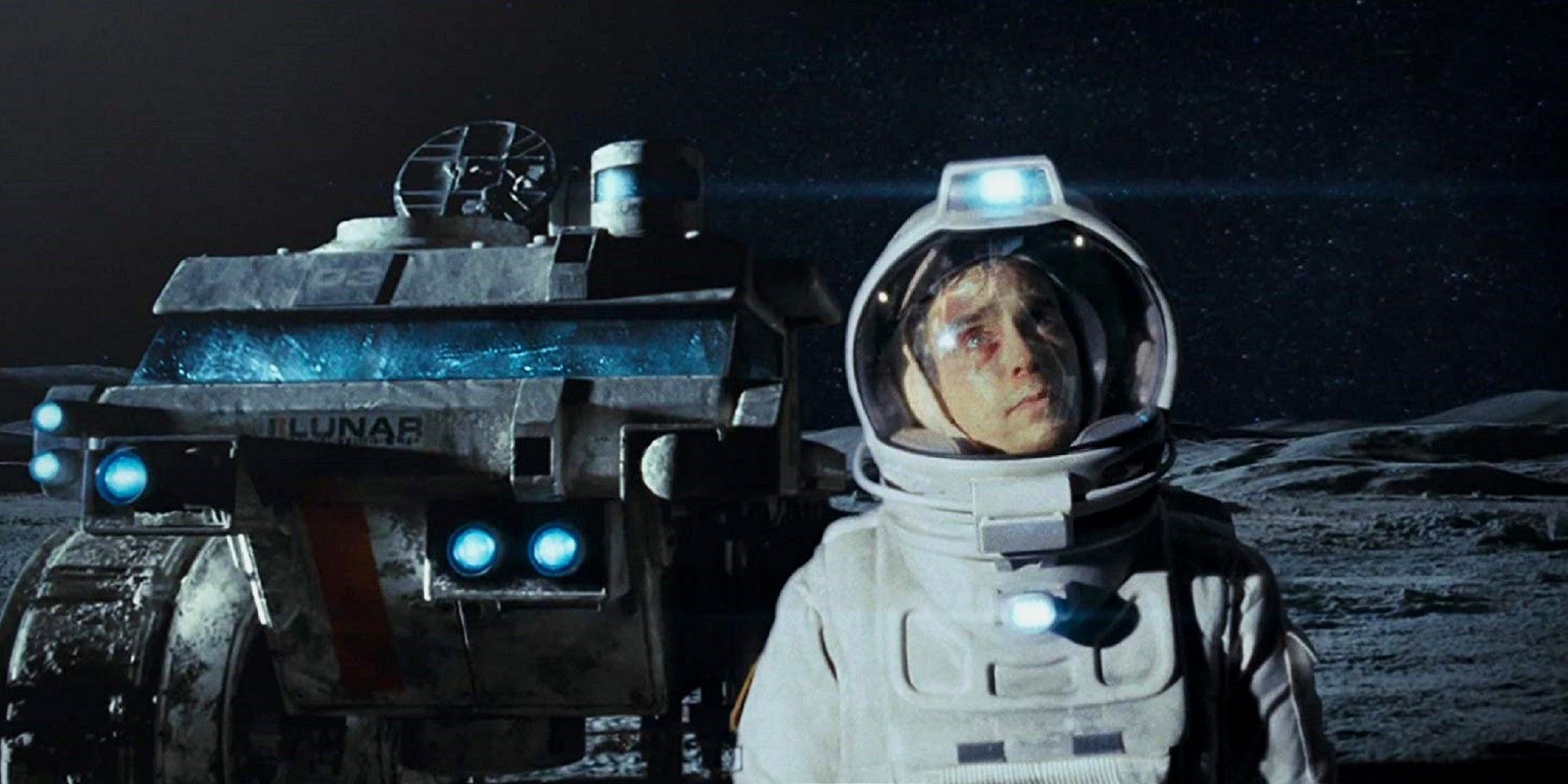

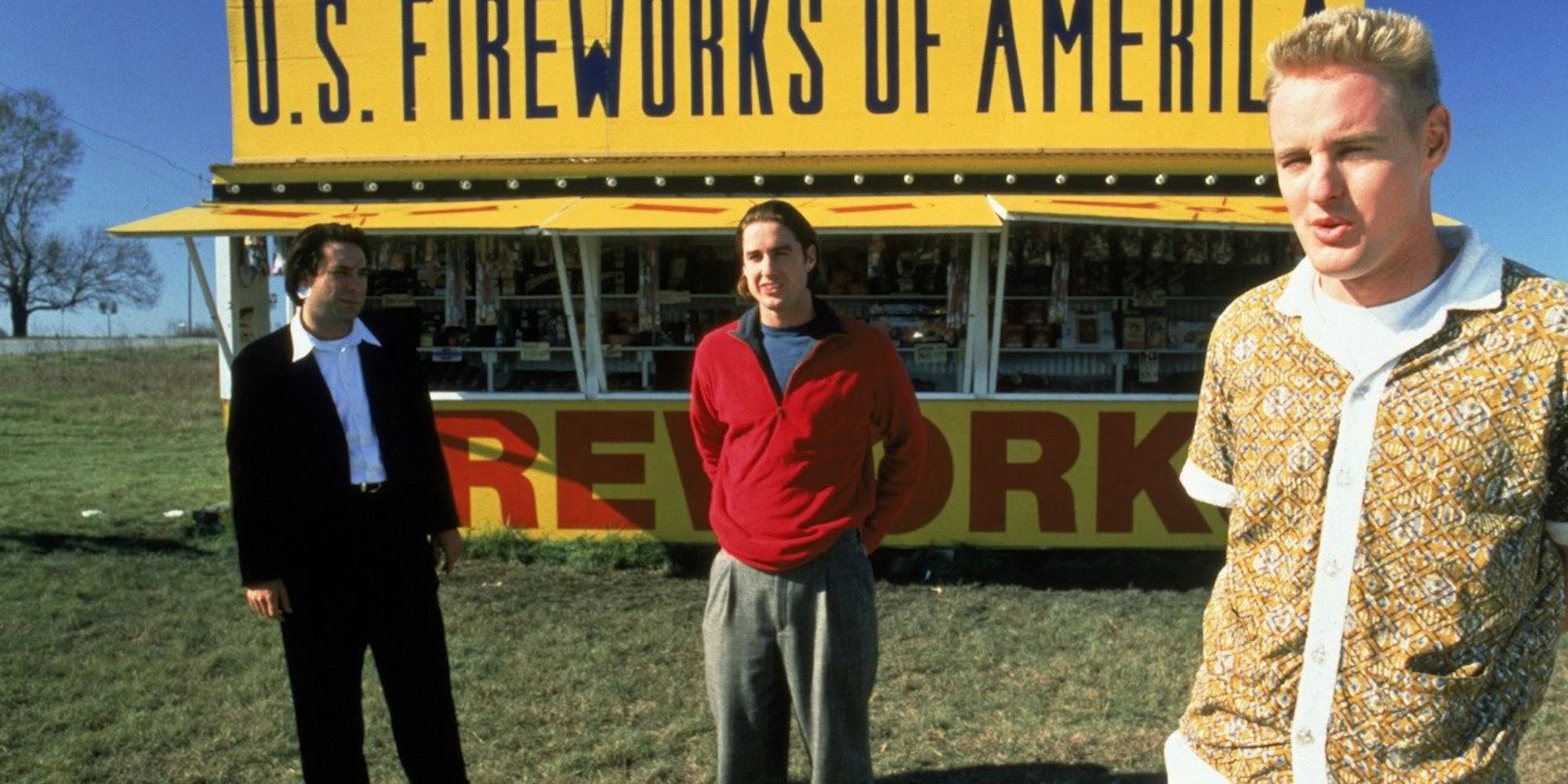

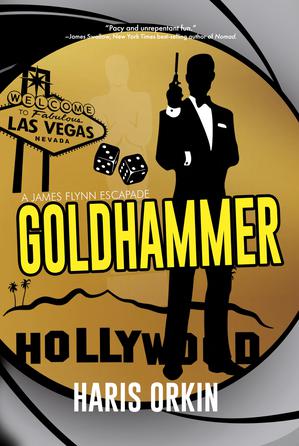





![20 Predictions for Social Media in 2025 [Infographic] 20 Predictions for Social Media in 2025 [Infographic]](https://imgproxy.divecdn.com/HMVhRh2JvYwAse_QsxNWdYtb_Of31-oCF2OnUe4eZqA/g:ce/rs:fit:770:435/Z3M6Ly9kaXZlc2l0ZS1zdG9yYWdlL2RpdmVpbWFnZS9zb2NpYWxfbWVkaWFfdHJlbmRzXzIwMjVfMi5wbmc=.webp)

